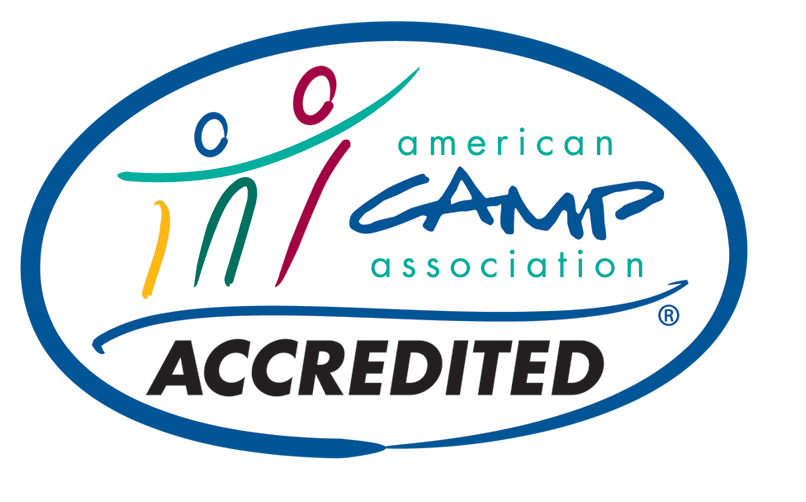Permission to be Screen Free
- May 14, 2025
- 3 min read
An ALC mom shared this story with us:
As we were getting ready to head to ALC on the first day of camp in 2024, I asked my teenage daughter if she wanted to text anyone before she signed off of her phone for the summer. Her immediate response was, “Mom, camp starts today. I’m not touching my phone. In a few hours, I get to be at camp, with my friends, for the entire summer.”

Camp is a lived experience shared by generations of campers and counselors. The moments of laughter coming from a tent, the squeals as campers jump into the cool lake with friends, the energetic chatter in the Dining Room each evening are priceless gifts we give our children when they go to camp. Through their days at ALC, our campers learn to communicate thoughtfully, to listen earnestly, to be patient, and to challenge themselves to be the best people they can be. All of this is timeless - it existed way before today’s technology. Yet it seems to hold a more critical place in this world today.
In The Anxious Generation, author Jonathan Haidt suggests that there are “...two big things that schools could do using mostly resources they already have. These are phone-free schools and more free play” (247). He argues that taking these two steps will help reduce “...overprotection in the real world, which helps kids to cultivate antifragility. At the same time, it is loosening the grip of the virtual world, thereby fostering better learning and relationships in the real world” (Haidt, 253-254). While this suggestion is aimed specifically at schools, as an educational institution, we see its value in the camp setting as well.
Here’s the great news. We have been doing this at ALC for many years! Campers are completely unplugged for the summer, and our counselors have limited access themselves. And our days are filled with time to play! Haidt also suggests that schools should implement four foundational reforms: “no smartphones before high school, no social media before 16, phone-free schools, and more unsupervised play and childhood independence” (290). Alford Lake Camp, along with other summer camps, provide solid real world examples of the success of these actions. While we can only provide this structure for our campers while they are with us for the summer, each year we witness the incredible benefits of a screen-free summer, of free play (ranging from the invention of games and fun as part of the learning in activities to the freedom of tent time, to impromptu games of tag at lunch) and the value of real world relationships. Summers at ALC are not focused on the absence of screens. In fact, it seldom comes up because our campers and counselors are so immersed in their time together, playing, growing, and becoming better versions of themselves.
We often hear people say that camp friends are different. We believe that the time spent together, sharing challenges and joyful moments, lends itself to the creation of strong, trust-filled friendships. ALC campers flourish because of the uninterrupted, undistracted summer days where they play and laugh together. They embrace the gifts of independence and autonomy that are part of the ALC experience. In turn, campers leave ALC at the end of each summer empowered to be kind, respectful citizens of the world with the listening skills to make a difference to others. All of this stems from their cherished days together at ALC with dear friends.

A few years ago, while sailing on our beautiful lake, a camper remarked to the counselor in her boat that “Camp gives us permission to be screen free. No one has a phone, or a computer, or any screen, so there’s no pressure, no feeling of missing out. We are all here in person, together.” We can’t wait for these joyous, in-person moments to begin again.
Works Cited
Haidt, Jonathan. The Anxious Generation. New York, Penguin Press, 2024.
.png)




Comments